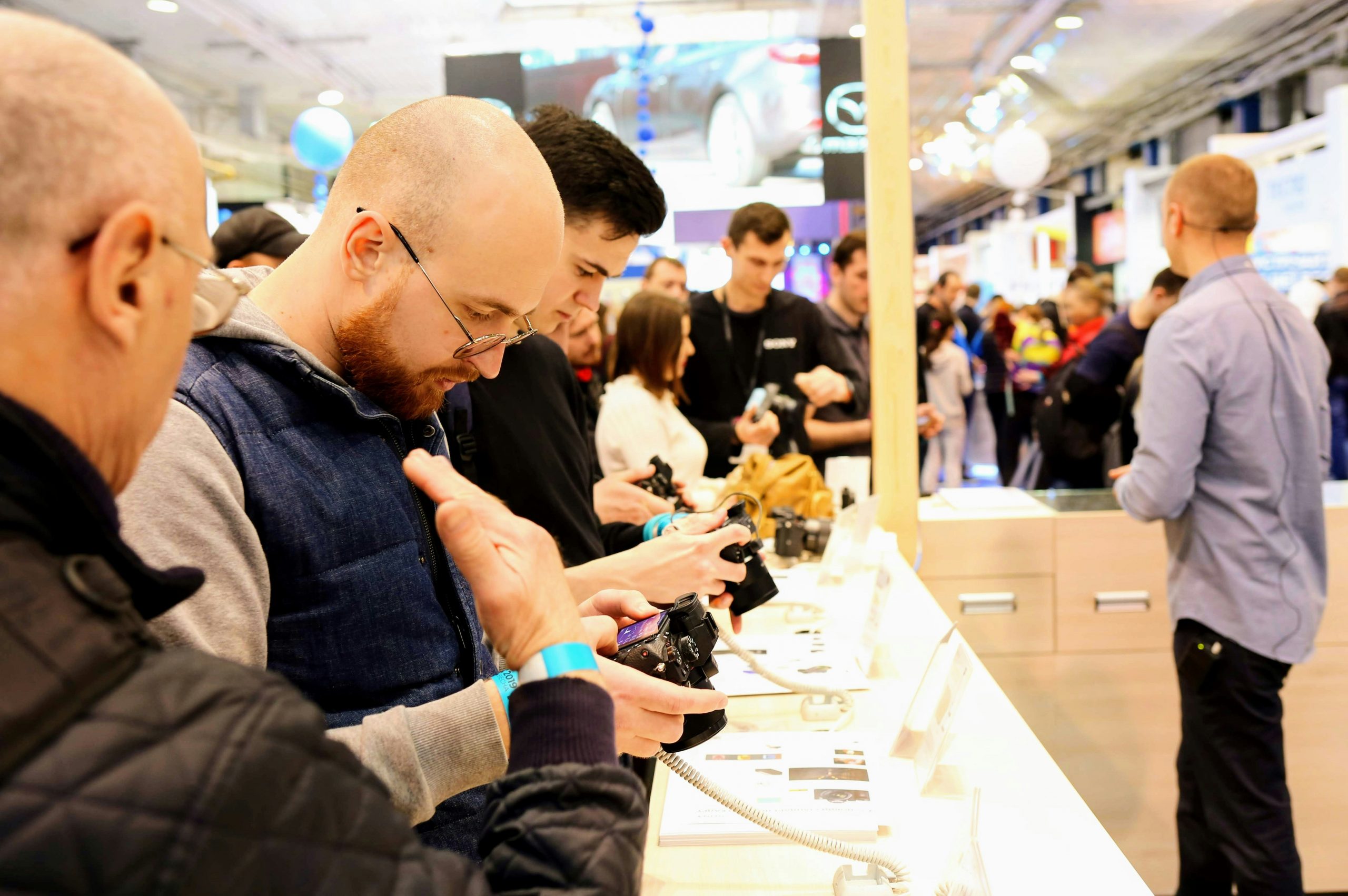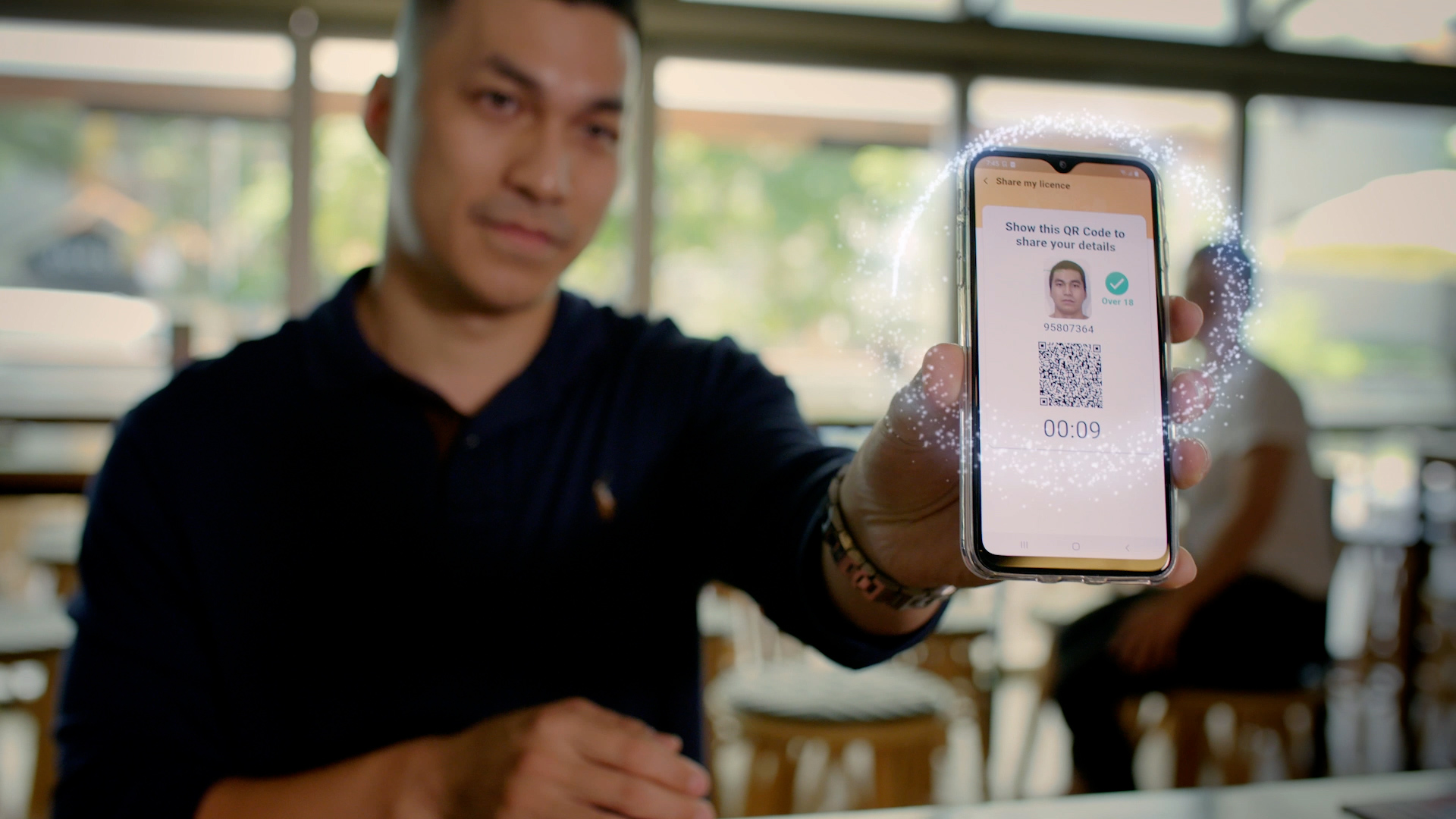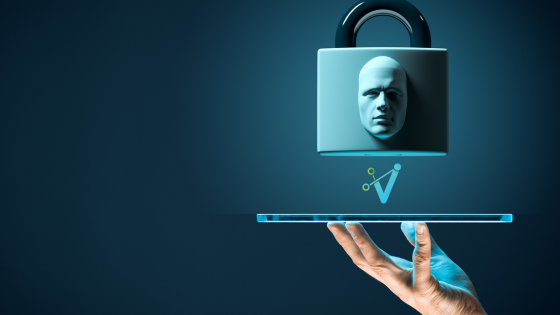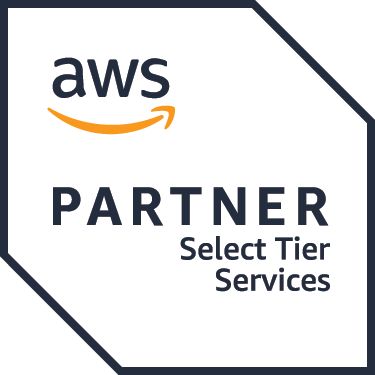And 4 Key Benefits for Australian Businesses & Consumers.
Advances in digital identity and emerging data standards are dramatically changing the way businesses and individuals share, verify and manage identity transactions.
Australia – and indeed, the world – is currently on the brink of a digital identity revolution. Our State and Territory Governments are currently rolling out mobile driver’s licenses (mDLs) compliant with ISO 18013-5 for in-person photo identification. Meanwhile, a new global standard is transforming how businesses verify customer or employee identities online, too.
The emergence of ISO 18013-7 represents a foundational shift in how we handle identity and verification of customers, employees and the businesses from which we purchase, with major benefits for both privacy-conscious consumers and the businesses that need to verify them.
ISO-Certified mDLs and verification platforms like Veryfyd facilitate secure, quick, and confident verification of identity – all while reducing unnecessary capture of personally identifiable information (PII), and unsafe storage of personal data.
What Is ISO 18013-7?
ISO 18013-7 is part of the international standard suite for mobile driver’s licenses. While formative parts of the Standard cover how mDLs are structured and verified in-person or offline, Part 7 enables trusted, secure, online verification, too. The 18013 Standard directly addresses unsafe data practices and clunky processes we’ve come to accept as normal at the hotel check-in, picking up a rental, and during various application processes.
Instead of uploading scans or photocopies, emailing PDFs, or relying on screenshots, ISO 18013-7 provides a secure method for businesses to verify credentials trusted by the issuing authority (such as Transport NSW, VICRoads or TMR in Queensland) which have been stored on the customer’s phone. Streamlined workflows improve the customer experience for individuals, efficiencies for business, and security protections for both parties.
ISO 18013-7 also enables new processes that provide individuals with more control over the amount of personally identifiable information (PII) accessed, used, and stored by service providers. The standard protects the individual and the business in which they transact with by de-identifying PII and encrypting transaction records using industry-leading cryptographic techniques like zero-knowledge-proof and optional blockchain technologies.
As part of the Trust Service program, each Australian State and Territory is set to integrate ISO 18013-5 and 18013-7 functionality into their mobile driver’s licences. This facilitates use of mDLs for in-person and online verification of identity. The harmonisation project is set to roll out across Australia in 2026.
The emergence of ISO 18013-7 represents a foundational shift in how we handle identity and verification of customers, employees and the businesses from which we purchase…
Why ISO18013-7 Matters for Australian Businesses
Digital identity adoption continues to accelerate. Some momentum comes from data-security savvy consumers who want to protect their personal information. Businesses, meanwhile, see value in cybersecurity protections, efficiencies and accuracy benefits inherent in digital identities.
Another major impetus behind the adoption of digital identities is set to be legislative change; businesses across all sectors, but especially, banking, telco, retail, and government services are under particular pressure to balance increased demand for a positive user experience whilst satisfying tightening regulatory compliance, and data security laws.
Here’s 4 Ways ISO 18013-7-compliant Verification of Identity helps Australian Businesses:
1. Digital Identity Verification: The Strongest, Most Trustworthy Form of Verification of Identity
The ISO 18013 Standard requires identity data to be cryptographically signed and transmitted directly from the mDL on the user’s phone. This eliminates risk of forged IDs, the presentation or use of outdated or expired documents, and any guesswork interpreting credentials. For highly regulated sectors like financial services, real estate, and telecommunications, the inability to tamper a digital identity document is of significant benefit.
2. Seamless Interoperability
Because ISO 18013-7 is an open, global standard, it allows Australian businesses to interoperate with international mDLs and systems. Whether you’re onboarding a tourist from Europe or verifying a foreign worker, you’ll be able to rely on consistent, trustworthy identity protocols.
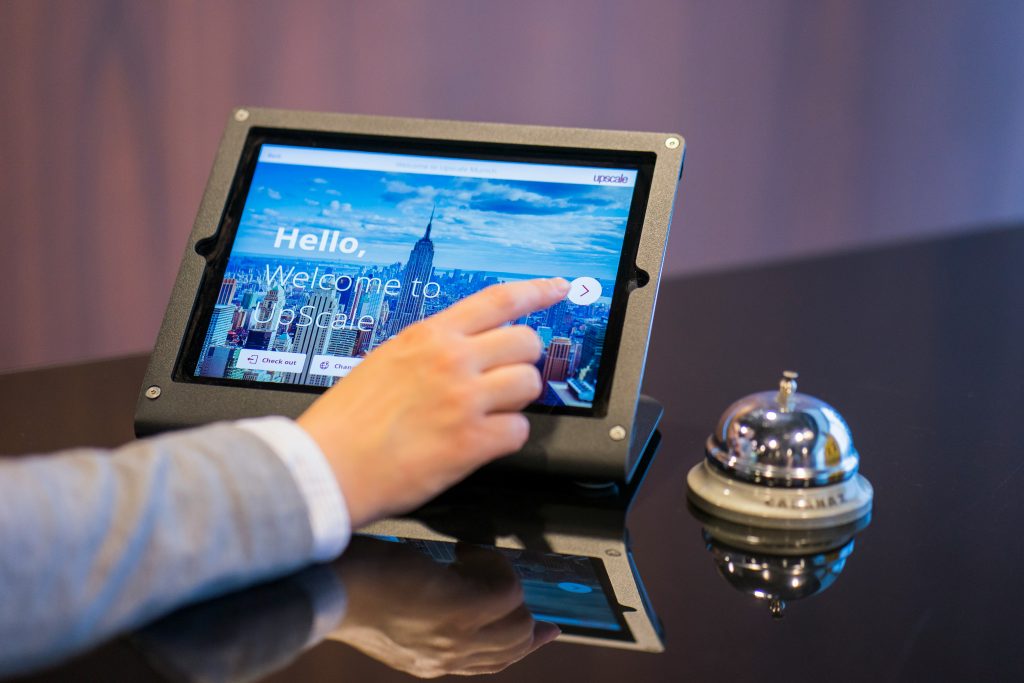
3. Improved Privacy = Less Risk
ID holders using an mDL to prove their identity or credentials can choose to share only the data necessary to do so. For example, individuals seeking access to a pub or club can use the mDL to confirming they’re over 18 without revealing full date of birth or address data.
This drastically reduces the business’s data handling burden and the associated compliance risks under Australia’s Privacy Act and other cybersecurity regulations. It also reduces the risk of identity theft or fraud for ID holder and service provider, alike.
Individuals also benefit from protections against losing your driver’s licence which can be lost or stolen.
4. A faster & Frictionless Customer Journey
No more photocopies. No more document uploads. No more manual checks. With mDLs and ISO 18013-7, identity verification is transformed into an instant and user-friendly experience.
By reducing time-to-buy, or application processes for customers or potential employees, firms will benefit from onboarding drop-off rates and improving conversion across digital and physical channels.
3 Key Developments in the Rollout of ISO 18013-7 in Australia
1. Queensland’s Digital Licence Rollout
Queensland has been at the forefront of digital licence adoption in Australia, launching a statewide rollout of its digital driver’s licence in November 2023. This initiative aligns with ISO standards, ensuring secure and interoperable digital identity verification across various sectors.
2. Interoperability Demonstrated at IVC24
Without global standards like ISO18013, passports simply would not work for international traveller. Until recently, driver’s licences have, for the most part, been a matter of mutual recognition between nations. But now, as they go digital, the opportunity presents to make them consistent the world over and Australian licences will be among the first to go.
At the Identity and Verifiable Credentials Summit 2024 (IVC24) in Sydney, representatives from Europe, the United States, and Australian jurisdictions showcased the interoperability of mDLs by successfully verifying digital driver’s licences across borders. This demonstration highlighted the practical application of ISO 18013-7 in facilitating seamless international identity verification.
3. Austroads’ Digital Trust Service
Austroads is leading the development of the Digital Trust Service, a platform designed to support the secure and standardized verification of digital licences across Australia. This service aims to ensure that all Australian jurisdictions can issue and verify mDLs in compliance with ISO 18013-7, promoting nationwide consistency and trust in digital identities.
How to Prepare for Australia’s Digital Identity & mDLs
The potential for mDLs to improve the customer experience, data security and verification processes is set to be realised with ISO 18013-7 and completion of Australia’s Harmonisation or Digital Trust Service project.
Once the Standard is implemented, State governments and licensing bodies will move quickly to enable ISO-certified online verification features that align with global best practices.
In the meantime, businesses can gain a jump on the market and prepare for an inevitable, rapid and wide-spread uptake of mDL by licence holders. As more Australian States and Territories roll out ISO-compliant mDLs, more consumers will adopt the digital format thanks to convenience and enhanced privacy benefits. Now is the time for service providers to test functionality and integrate mDL verification into workflow using platforms like Veryfyd. These early adopters will gain competitive edge, seeing massive productivity, cybersecurity and customer service benefits.
For more information on how to prepare, so you can verify individuals using ISO-certified mobile driver’s licences, or integrate mDL verification into your software application, contact Veryfyd.

